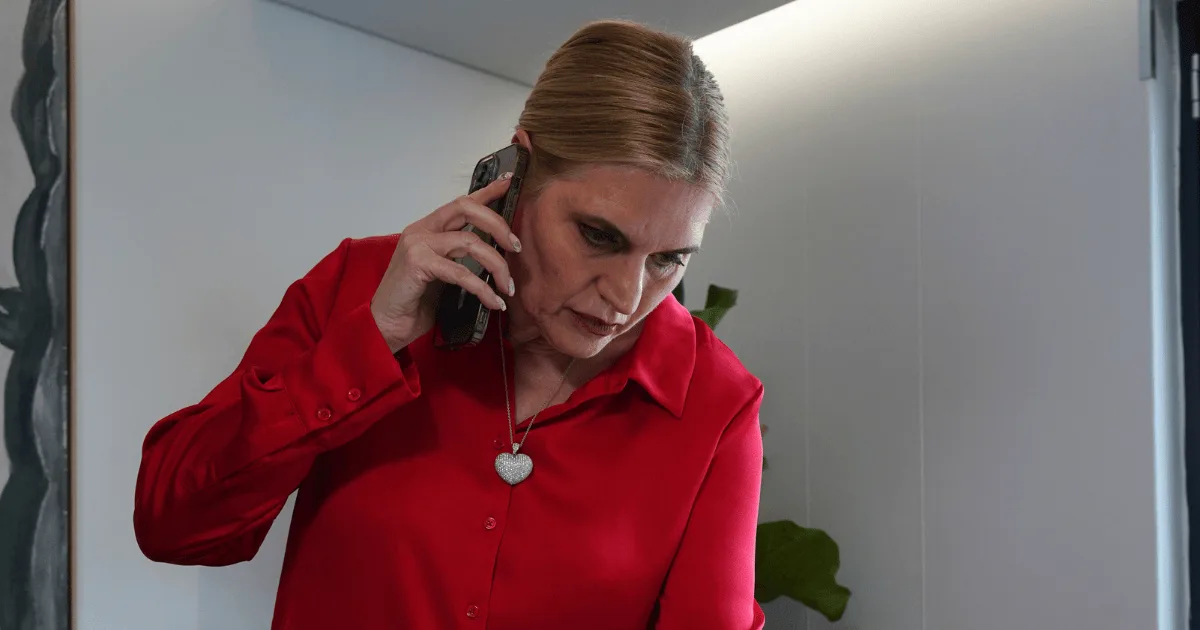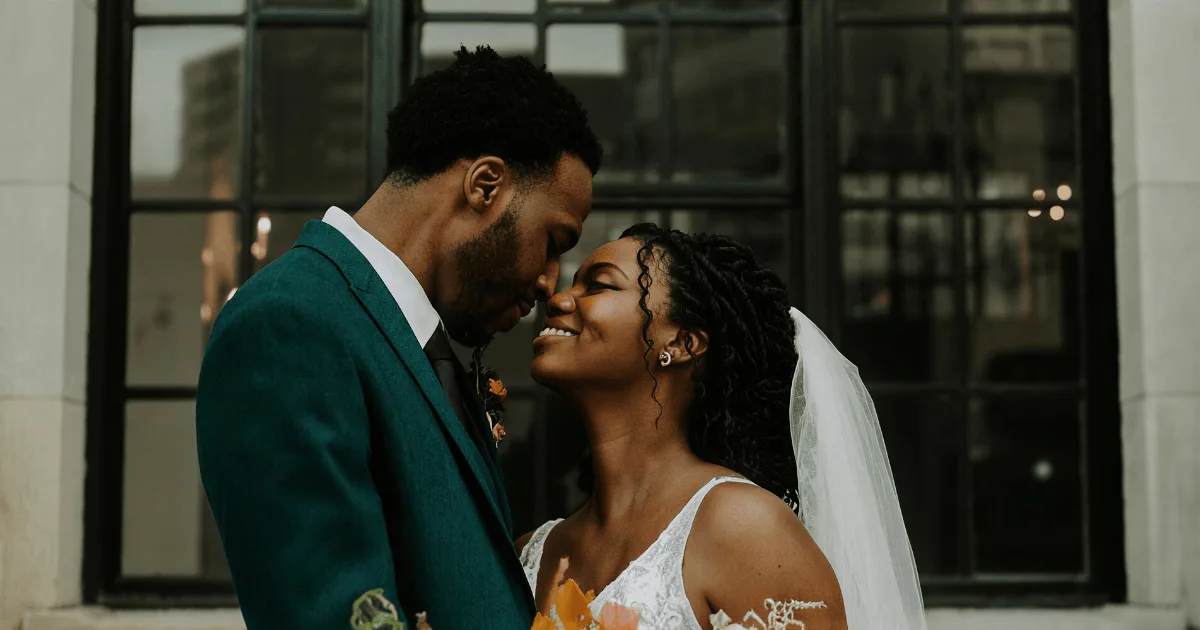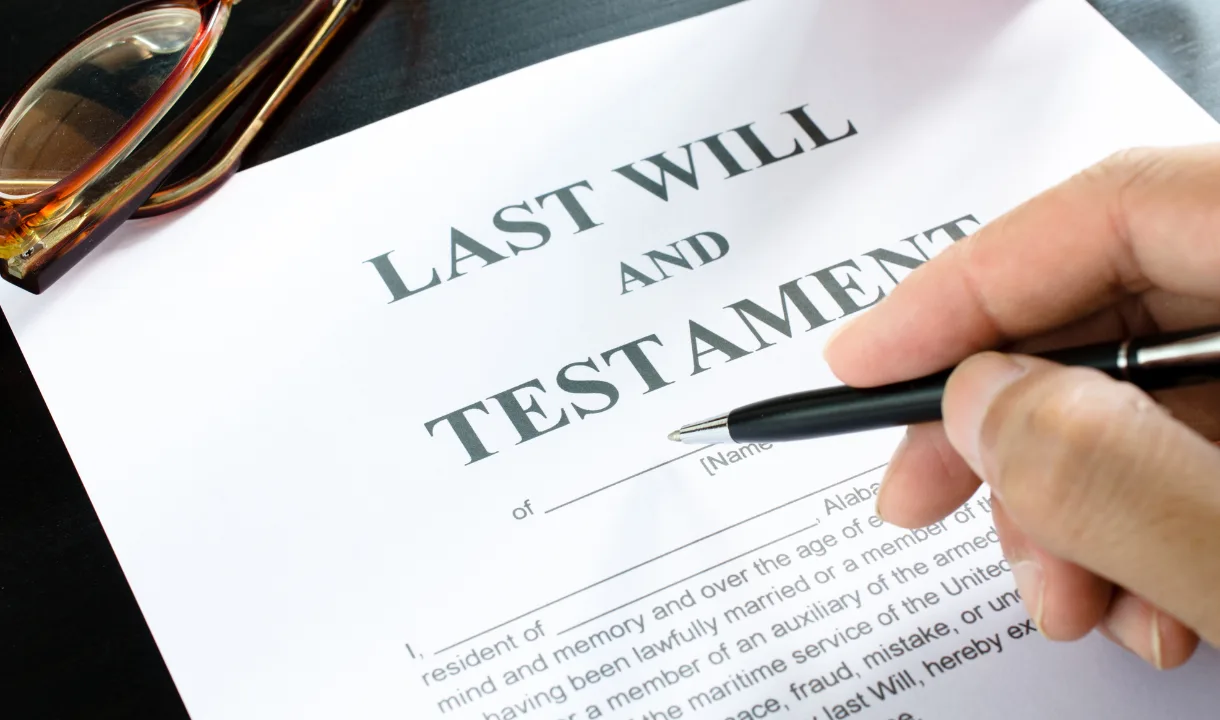Biological mothers, biological fathers who qualify to have parental responsibilities and rights and any other holder of full parental responsibilities and rights are guardians of children. These guardians may appoint a third party or third parties to act as a child’s guardian(s).
A parent who is the sole guardian may appoint a fit and proper person as guardian of the child, or to care for the child, in the event of his/her death. The parent must include this appointment in his/her will. It will only come into operation if the parent dies and if the appointed guardian expressly accepts the appointment. The parent can appoint more than one guardian.
Parents who are, or have been married to each other, or who have never been married, but the biological father qualifies to have parental responsibilities and rights, are co-guardians unless a court has awarded one of the parent’s sole guardianship to the exclusion of the other. Upon the death of either of the parents, the other usually becomes the sole guardian. An appointed guardian or caregiver cannot ordinarily oust the surviving parent as guardian.
Parents who retain joint parental rights on divorce are co-guardians, so if one dies, their ex-spouse automatically obtains care of the child. If the deceased has nominated someone else in their will to have care or guardianship, their ex-spouse will have to agree to relinquish his/her rights or share such rights before the provisions of the will can take effect. However, the court will always look at what is in the child’s best interests. If the ex-spouse is an unfit parent, the court may well afford care or guardianship to any other person who applies. Factors that courts consider when someone other than a biological parent applies for care and guardianship are discussed in more detail below.
If the only surviving spouse dies, the person he/she has appointed as the ‘sole natural guardian’ will be vested with the care of the child and acquire full parental responsibilities and rights upon acceptance of the appointment. If the will of the deceased makes no mention of the child’s personal care, the appointment of a guardian may entitle that person to care for the child.
The child’s views must also be taken into account in any decision regarding the appointment of a caregiver or guardian. The Act states that every child of an age, maturity and stage of development able to participate in any matter concerning him/her has the right to do so in an appropriate way. There is no set age at which children can make their own decisions, but the older and more mature they are, the more their wishes will be taken into account. With younger children, a skilled legal representative working together with a child psychologist or social worker can convey the child’s views and wishes to the court and make recommendations on what they believe will be in the child’s best interests.
For direct answers to your specific personal questions, please contact us directly.
Read more about our estate planning and will services.
Author – Jessica Gooding





